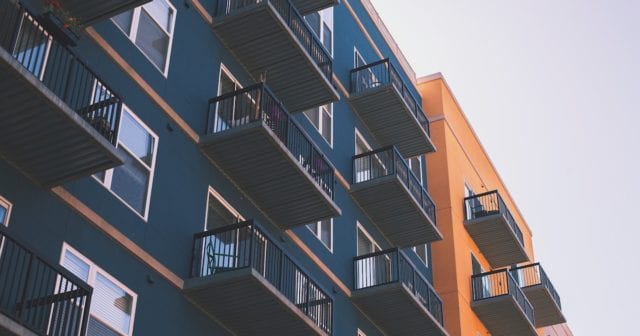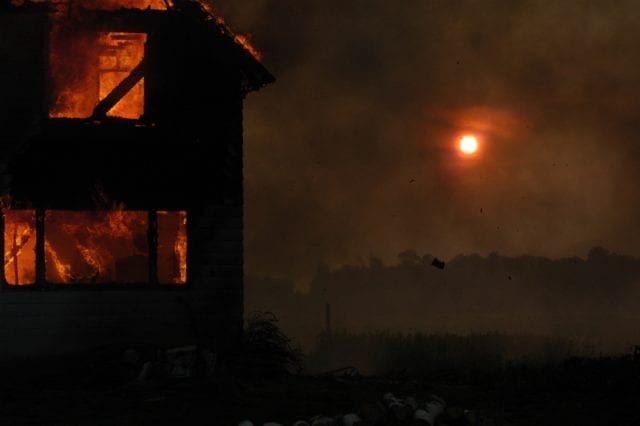Halloween is meant to be a night of fun for kids and adults alike. But all too often, it’s also filled with accidents, theft, and insurance claims. A bit of prevention beforehand will help you and your neighbors have a good time and avoid costly claims.
Here’s what you can do to stay safe this Halloween.
Halloween as a Homeowner
Whether you plan to give out candy at the door or you’re hosting a Halloween party, there is plenty that can go wrong if you’re not prepared.
- Light your front yard and walkway so it’s easy for trick-or-treaters or guests to get to the front door without tripping. A well lit home also deters vandals and thieves who look for shadows to hide in.
- Clean off your lawn and walkways to reduce tripping hazards. If you decorate your lawn, make sure decorations are easily visible to avoid slips, trips, and falls.
- Keep your pets inside. If they’re agitated by the ringing doorbell or a lot of guests, keep them in a separate room until the fun is over for the night. Pets often run away on Halloween night because a door is left open. Some pets become so nervous that they jump and bite other people.
Halloween as a Driver
In a perfect world, you’d be home well before dark on Halloween night. But that typically doesn’t happen. So if you find yourself out and about on Halloween night, keep yourself and pedestrians safe.
- Keep your eyes on the road at all times. You want to watch sidewalks, crosswalks, and between parked cars, too. No matter how tempted you are, try to ignore all the decorations and fun costumes because they may distract you just as a small child runs out into the road.
- Halloween brings out plenty of dishonest people. Make sure to park your car in well-lit areas and avoid vacant or deserted parking lots whenever possible.
- When you leave your vehicle, bring your valuables with you. If that’s not possible, make sure they’re well hidden. If a thief can see it through your car window, they’ll be more tempted to break in.
Halloween as a Parent
The last thing you want to do on Halloween night is to make a pit stop to the emergency room.
- Make sure your child’s costume fits well. A mask or head covering shouldn’t obscure their vision, and hems shouldn’t drag the ground. Both can lead to nasty falls. Costume props should be dulled, flexible, and plastic — no glass, metal, or anything sharp and breakable.
- Kids and other trick-or-treaters need to stay visible to drivers on the road. You can cover costumes in glow sticks or reflective tape. Everyone should carry a flashlight as well.
- Follow all traffic laws while walking around to trick-or-treat. Watch traffic signals. Obey stop signs. Use crosswalks, and look both ways before crossing the street.
- Children should trick-or-treat with an adult. Older kids and teenagers who go out on their own should tell you their planned route and set a time when they’ll be home.
No one wants to end their Halloween fun with a call to the police or to an insurance adjuster. A few precautions can prevent a lot of pain and frustration later. If you’re throwing a Halloween party or you know you’ll be out and about that night, contact Charlotte Insurance to check your insurance coverage. We’ll make sure you have the right kind and amount of insurance to protect you, no matter what happens.







